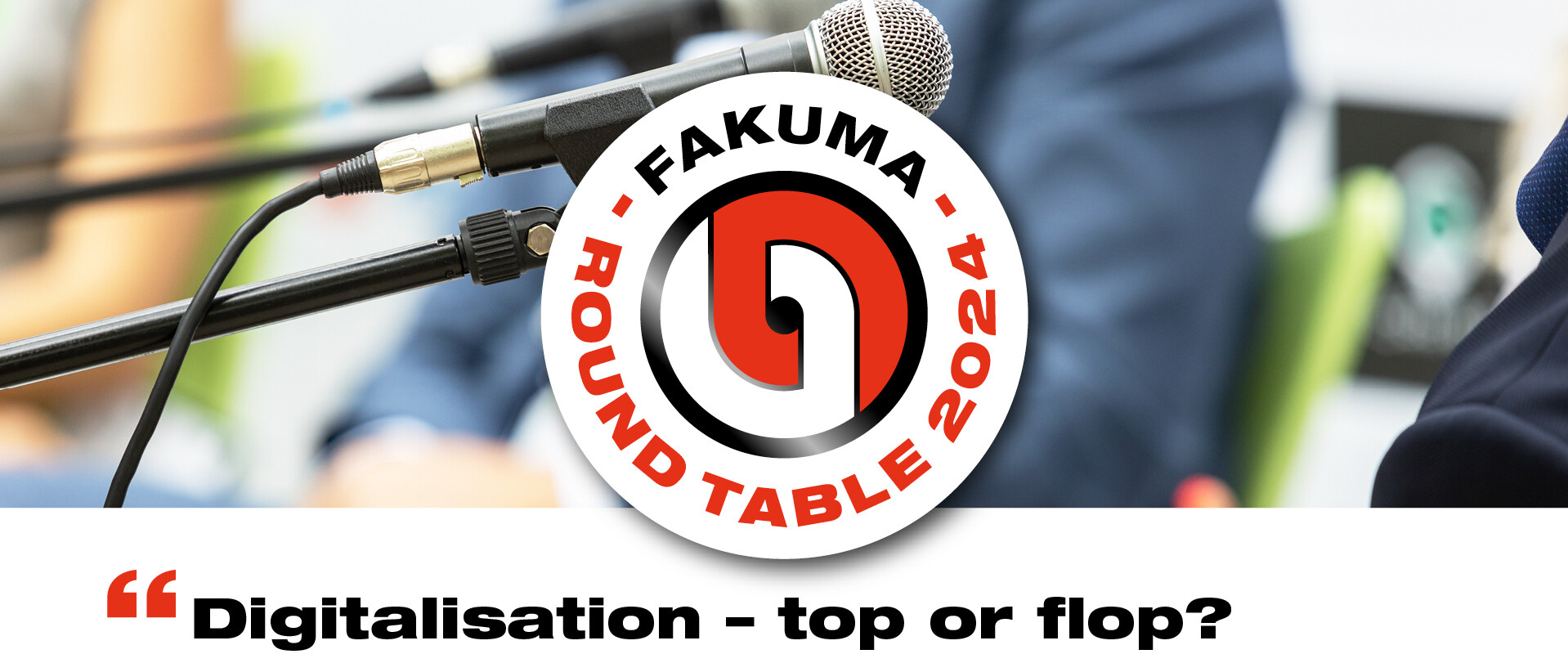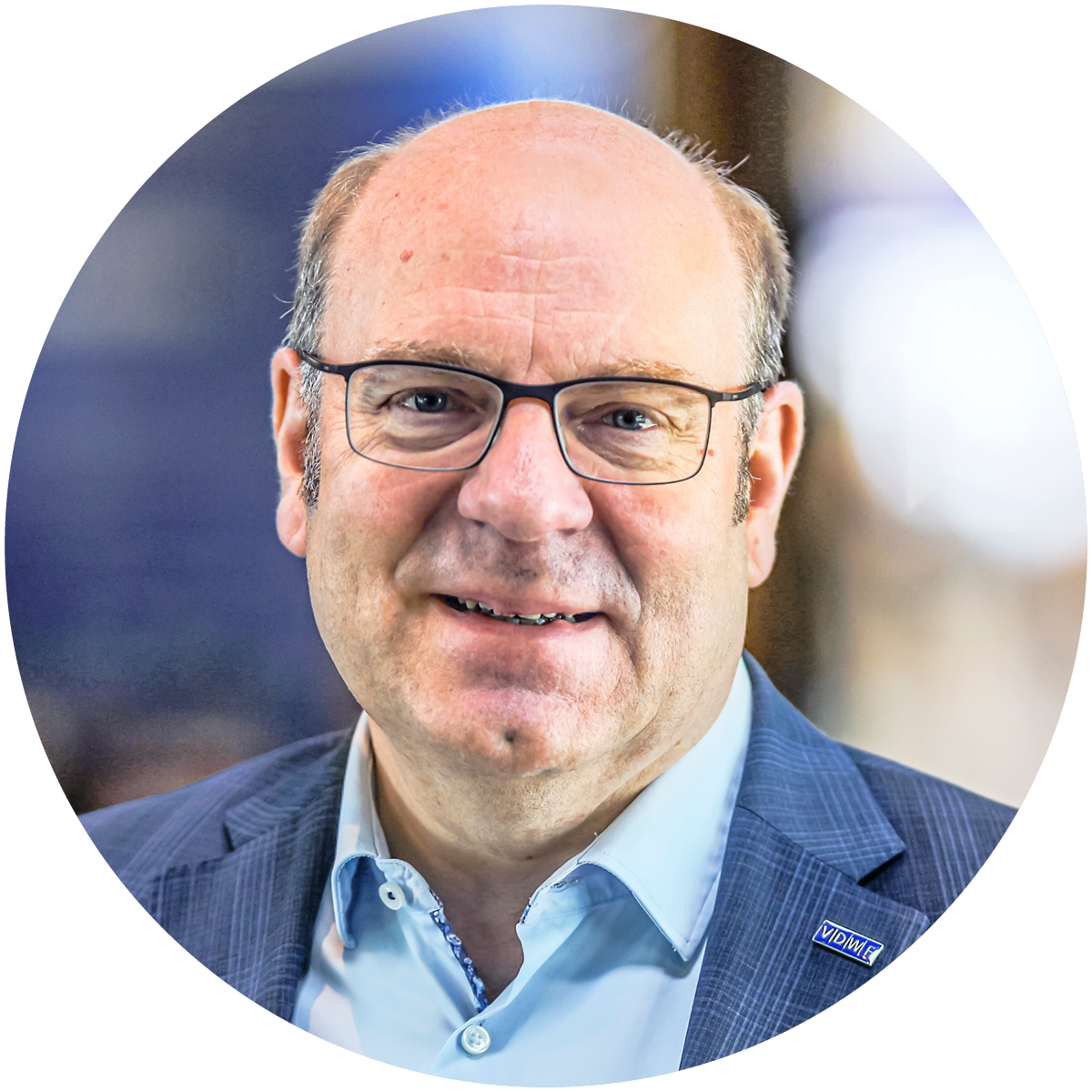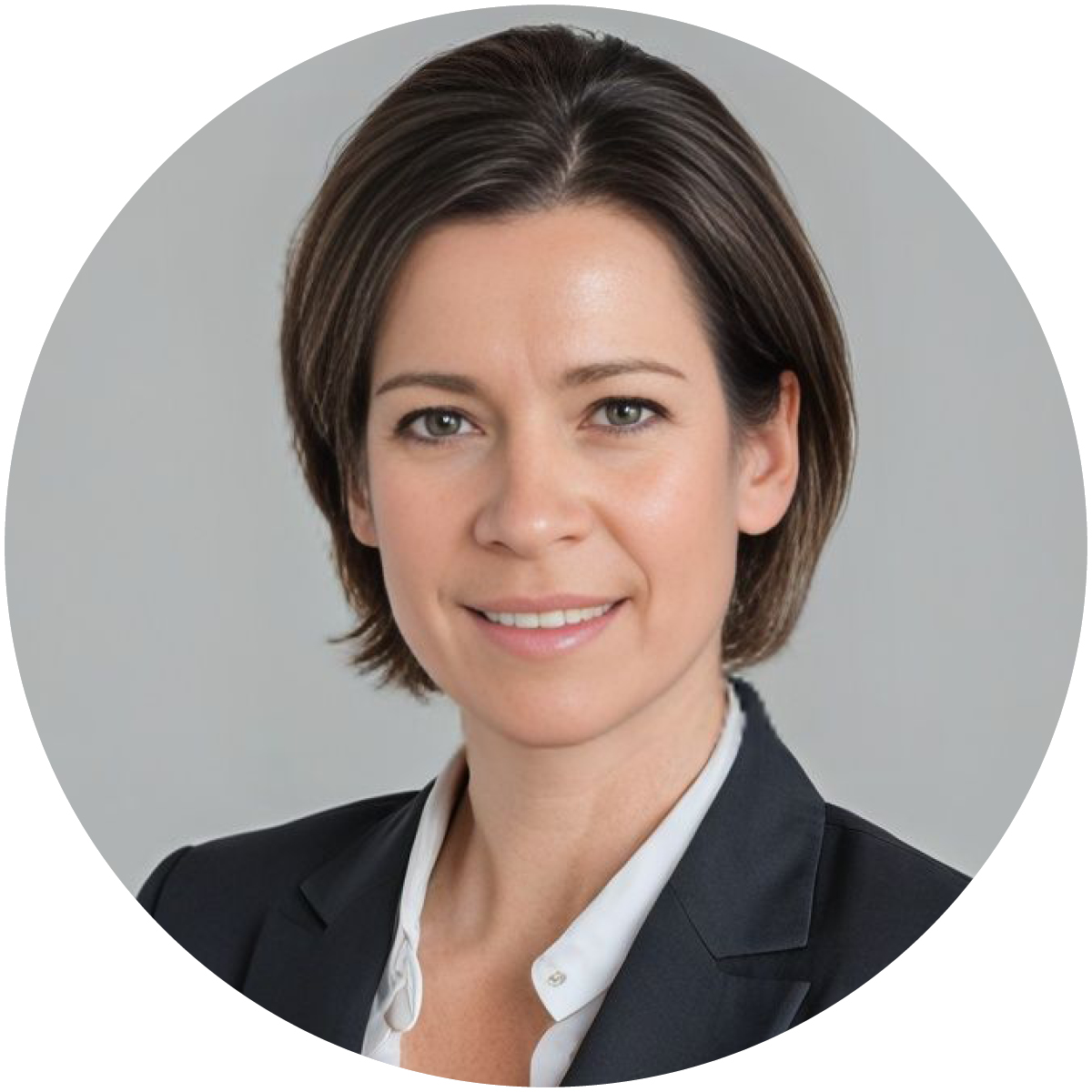Round table discussion “Digitalisation – top or flop? Which tools really help the plastics industry”

The panel will discuss how far digitalisation has progressed in the industry and what potential remains untapped. It will also identify how digitalisation can contribute to solving the challenges facing the industry – efficiency, sustainability and the shortage of skilled workers.
Digital tools can significantly support the circular plastics economy. What concrete impetus and ideas already exist? What prerequisites are missing for a real breakthrough?
Digitalisation has often become part of everyday life in modern plastics processing. Which digital methods are now making production-relevant data usable? What role do AI-based evaluations and AI-supported methods play in simulation, production and process optimisation?
Ultimately, end-to-end digitalisation enables complete transparency of production processes and material cycles. What specific data and findings are valuable for supporting the goals of sustainability, profitability and efficiency?
The event will take place on
15 October 2024, 16:00 in the Conference Centre East, Room Berlin.
Duration approx. 1 hour followed by a get-together.
Moderation

Dipl.-Ing. Markus Lüling, Managing Director of Kunststoff-Profi Verlag and editor-in-chief of the trade magazines K-PROFI and K-AKTUELL
The high-calibre guests on the panel are:

Prof. Dr. Michael Braungart, Founder and Scientific Managing Director of BRAUNGART EPEA, Hamburg
His teaser:
What attracts you to the podium with plastics processors, recycling technicians and mechanical engineers?
If you want to do something new, you need reliability and trust and you have to find co-operation partners. Fakuma is an ideal platform for this.
What are the missing prerequisites for a real breakthrough in the circular economy? Can digitalisation save what doesn’t work in the analogue world?
Digitalisation is what makes a genuine circular economy possible in the first place, because it can abolish the concept of waste, as both the composition and the whereabouts of materials can be traced at any time. It is therefore only a matter of time before the circular economy becomes established.

Prof. Dr.-Ing. Thomas Seul, Professor of Production Engineering and Tool Design, Schmalkalden University of Applied Sciences
His teaser:
What attracts you to the panel of recycling scientists, plastics processors and mechanical engineers?
There are too many isolated solutions. The interface problems are therefore often more problematic than processing the actual task. This complicates the practical implementation of digital processes. Comprehensive standardisation across all sectors involved in plastics processing is absolutely essential here.
Which specific findings from production data support profitability and efficiency in plastics processing the most?
Digitalisation offers the opportunity to structure and organise the big picture, i.e. to make data tangible when we humans are no longer cognitively capable of doing so. This is necessary in order to capture complex, recurring but also very fast processes in detail – or to simulate processes. Digitalisation in production therefore offers scope for human creativity and also allows people to safely push their limits and play out different scenarios. That’s great!

Guido Frohnhaus, Managing Director TECHNIK ARBURG GmbH + Co KG
His teaser:
What attracts you to the podium with scientists, recycling technicians and plastics processors?
As a highly regarded ‘working trade fair’, Fakuma offers the perfect forum to discuss the key topic of digitalisation with experts from different fields in an intensive and practical manner. Here we can shed light on all aspects, exchange experiences, pool expertise, generate impetus and gain new ideas.
What do you see as the greatest untapped potential of digitalisation for plastics processors?
Plastics processors can save valuable time and money with digitally networked machines and systems – for example, by using ‘smart’ control functions, cloud applications and AI tools. In view of the shortage of skilled labour and increasingly complex applications, these enable simple and safe operation of the systems and high process stability, e.g. when processing recycled materials. The important thing is not to collect as much data as possible, but to collect precisely the data that will make your own injection moulding operation more efficient and therefore sustainably successful and fit for the future.


